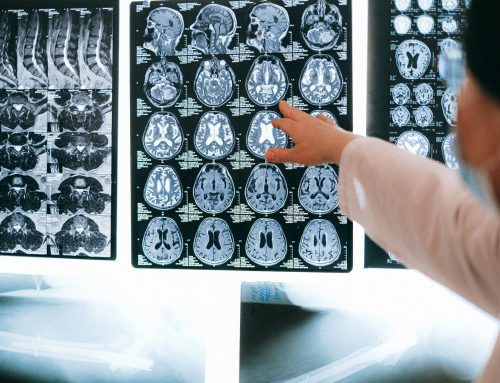Early intervention is the best response to academic difficulties and learning disorders. This includes identifying learning issues early and providing the child with necessary services, such as reading tutoring, additional instruction, and classroom accommodations. While learning disorders do not “go away,” their impact can be reduced over time and with proper services. Without addressing these issues in a timely manner, children are at risk of developing increasing deficits, poorer school performance, and worsening self-esteem.
New research suggests the link between academic ability and mental health are more closely related than previously thought. In a study of elementary school children, teachers rated how well their students seemed to be liked by their peers. Students who had more academic struggles in the 1stgrade were rated as less liked by their peers in 2ndgrade. These students were also found to experience symptoms of depression by the 3rdgrade. Researchers suggested that students with academic and learning difficulties may be receiving subtle messages and judgements from teachers and parents that may be negatively impacting their mental health. Similarly, peers may also pick up on these messages and view the student in a negative light.
To help address these issues, the researchers recommended providing intervention to help strengthen areas of deficit. Additionally, and equally as important, they recommended teachers and parents praise the student for their strengths and focus on their positive qualities without over-focusing on their weaknesses. By doing so, children may learn their value is based on things greater than their academic abilities.






